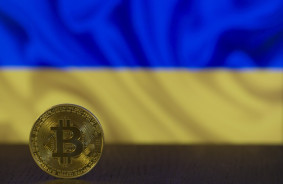Stablecoins are a type of digital currency whose exchange rate is attempted to be stabilized by being pegged to fiat currencies or exchange-traded commodities such as gold or oil.
Currently, the stablecoin market is estimated at around $125 billion. However, stable digital coins are not yet regulated worldwide, and this situation could be rectified by Singapore - the country's Monetary Authority (MAS) has already proposed some key requirements for this type of cryptocurrency, including:
- Reserves backing stablecoins must be held in low-risk and highly liquid assets. They must always equal or exceed the value of the stablecoin in circulation.
- Stablecoin issuers must return the nominal value of the digital currency to holders within five business days upon redemption request.
- Issuers must also provide "appropriate data disclosure" to users, including audit results of reserves.
These rules will apply to stablecoins issued in Singapore that mimic the value of the Singapore dollar or any G10 currency, such as the US dollar. Stablecoins that meet all requirements will be recognized by the regulator as "MAS-regulated stablecoins," allowing them to be distinguished from other tokens.
Stablecoins such as USDT and USDC are usually the backbone of cryptocurrency trading. They allow traders to enter and withdraw various digital coins without converting back to fiat currency. Stablecoin issuers claim that the tokens can be used for many other purposes, including money transfers - however, they are often criticized for the transparency of the reserves they hold. Singapore is aiming to bring more clarity to the industry.
Last year, the collapse of the UST stablecoin put this type of cryptocurrency in the regulators' crosshairs. Unlike USDT and USDC, UST was algorithmically governed and did not have real assets in its reserves, such as bonds.
In June, the UK passed a law giving regulators oversight of stable digital coins, although specific rules have not been developed yet. Meanwhile, Hong Kong is conducting public consultations on stablecoins and aims to introduce regulations next year.
Source: CNBC














Comments (0)
There are no comments for now